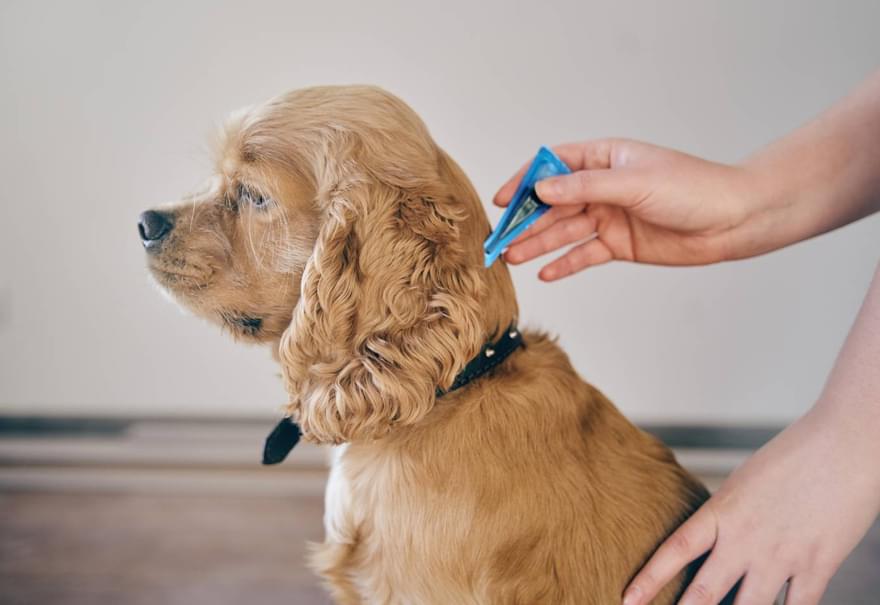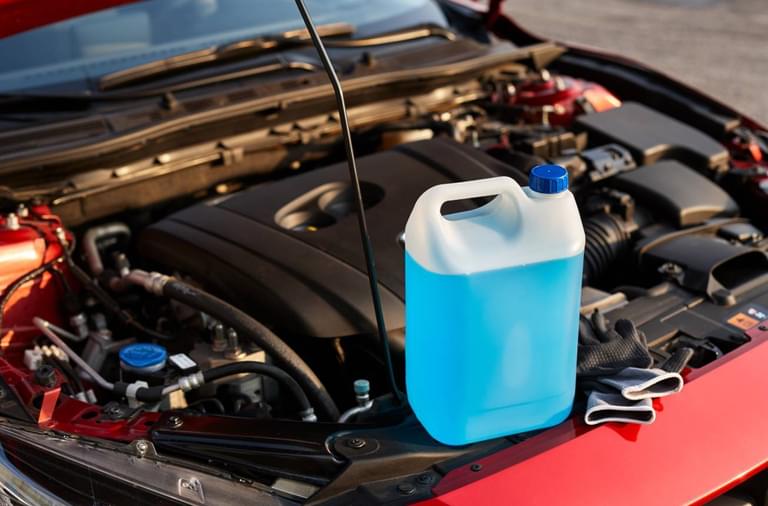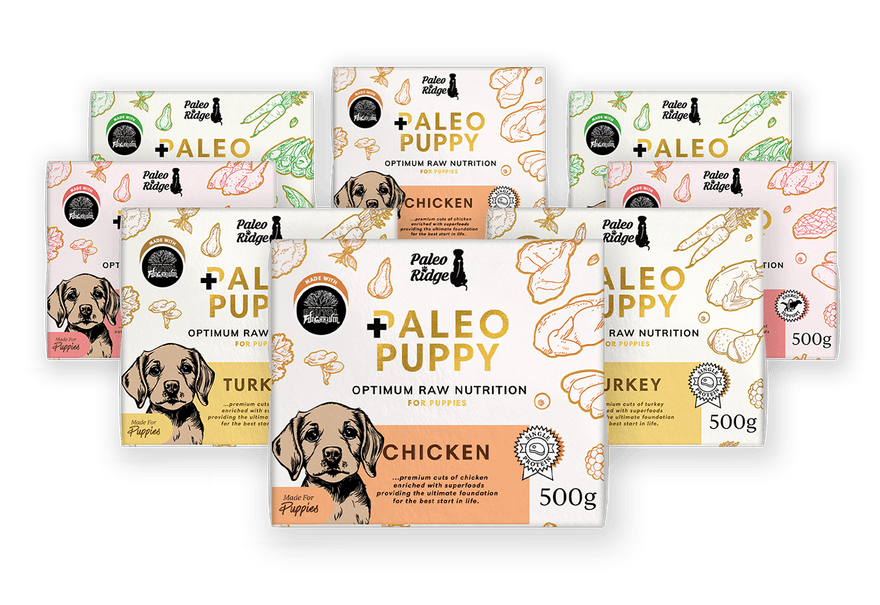
Flea Treatments - All You Need to Know
Guest Blog: Anna Webb
When biting bugs ‘spring’ into action, we’re advised to apply an insecticide on dogs’ necks to prevent any risk of fleas, yet such topical applications don’t prevent fleas from jumping on your pooch for a quick snack.



